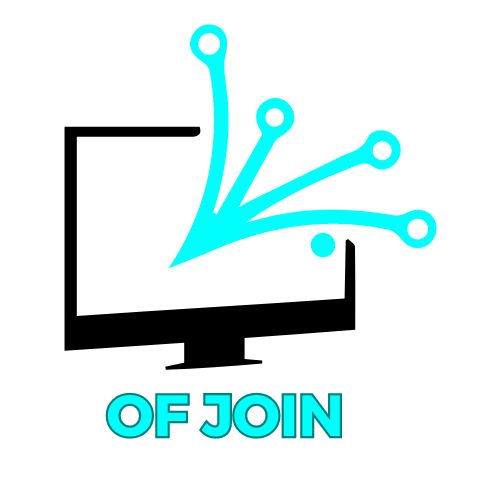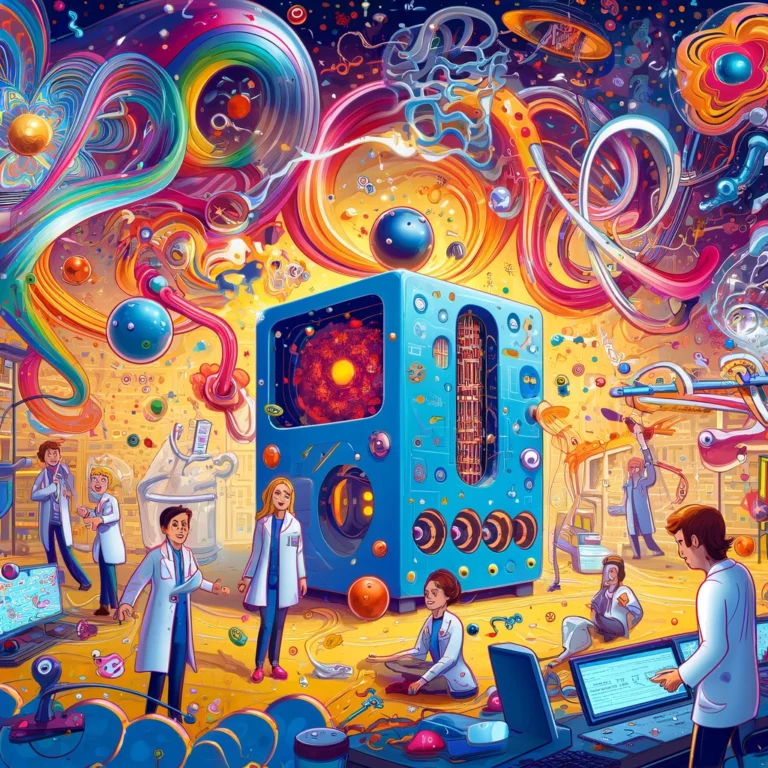The Future of Work: Why Skills Matter More Than Resumes
For decades, hiring managers and HR departments have placed a heavy emphasis on resumes. Degrees, job titles, and past employers dominated the conversation. But the future of work is changing—and fast. In today’s evolving workplace, what you can do is quickly becoming more important than where you’ve been.
The digital economy, remote work, and the rise of freelancing platforms have created a global talent pool where individuals can showcase what they know, not just who they know. As a result, the traditional resume is losing its grip as the main standard of qualification. In its place, skills-based hiring is rising—and for good reason.
Why the Resume Is Outdated
Resumes are static. They capture a snapshot in time, but they rarely reflect a person’s actual abilities. Two people may have the same job title but drastically different skill sets. Plus, resumes are often influenced by privilege—access to elite schools, big-name internships, and polished formatting can skew perception, even when the actual work output is average.
On the flip side, someone who learned to code using YouTube tutorials, built an app, and scaled a niche audience on TikTok might not stand out on paper—but they’re often the ones driving real innovation.
Skills Are the Currency of the Future
In a skills-first world, results speak louder than credentials. This shift is already visible in how companies like Google, IBM, and Tesla now hire. Many top firms have removed degree requirements altogether. Instead, they evaluate candidates based on technical assessments, portfolio work, or hands-on challenges.
This move levels the playing field. It opens doors for people who might not have the traditional background but possess the grit and capability to deliver.
Platforms like GitHub, Behance, Kaggle, Dribbble, and even LinkedIn Learning are becoming portfolios of proof. They offer a living, breathing showcase of what someone has built, solved, or contributed to. In many industries, this matters far more than a polished resume.
The Role of Micro-Credentials and Certifications
Another major shift is the rise of micro-credentials. Online certificates from platforms like Coursera, Udemy, or Google’s own Career Certificates are helping learners get job-ready in weeks or months—not years. These programs are often hands-on and focused on outcomes, offering a faster path to relevance in industries like digital marketing, data analytics, UX design, and IT support.
They also reflect something employers increasingly value: a growth mindset. The willingness to learn new skills shows adaptability, something that’s critical in a business landscape that changes by the quarter.
What This Means for Job Seekers
If you’re entering—or re-entering—the job market, it’s time to shift how you present yourself. Think less about job titles and more about your personal value stack. What can you actually do? What problems can you solve? Where can you show proof?
Your resume is now just one part of the picture. Create a portfolio, start a blog, contribute to open-source projects, or volunteer for a nonprofit. These are all ways to build signal and show what you’re capable of.
Also, embrace ongoing learning. You don’t have to be an expert in everything, but staying sharp in your field and gaining complementary skills (like soft skills, data literacy, or digital tools) can dramatically increase your marketability.
What This Means for Employers
Companies that continue to hire based solely on resumes risk missing out on top talent. A shift toward skills-based hiring and internal upskilling leads to a more capable and diverse workforce.
Start by identifying the real skills required for success in your roles. Then, build hiring processes that assess for those capabilities—whether through project-based interviews, skill tests, or trial work periods.
The companies that get this right will move faster, innovate more efficiently, and attract candidates who want to do meaningful work—not just build a resume.
The future of work isn’t about where you’ve worked—it’s about what you can do. In a world where technology is evolving daily and industries are constantly shifting, skills are the new currency. Whether you’re hiring or job hunting, the winners will be the ones who can prove they’re ready to solve real problems, right now.







